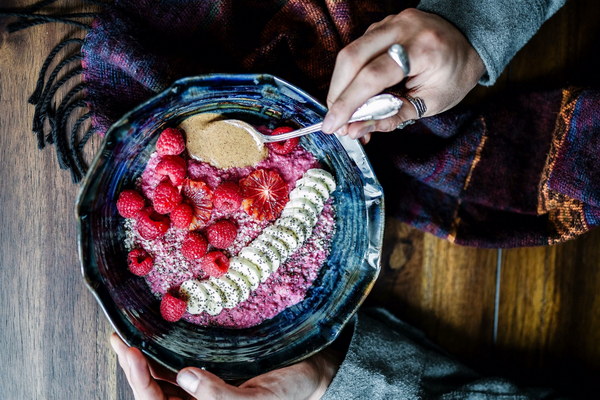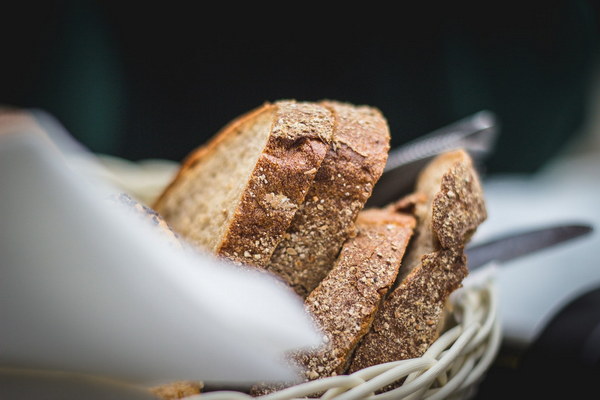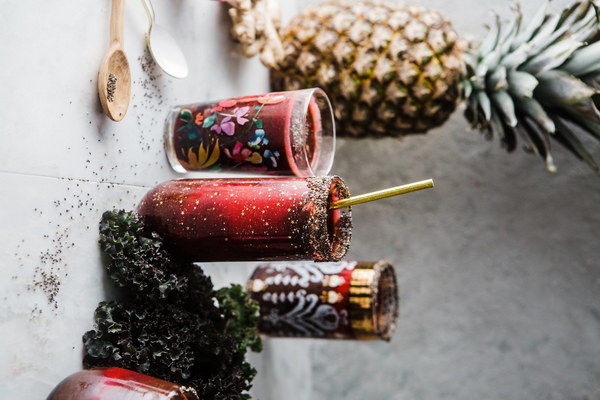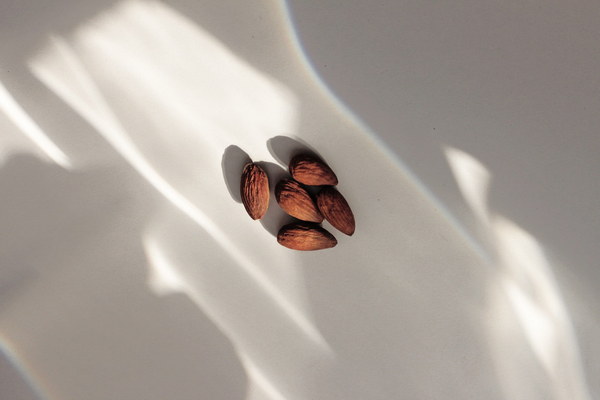Restoring Sleep Harmony A Guide to Beijing's Traditional Remedies for Insomnia
In the bustling heart of Beijing, where the pace of life is as fast as the city's development, many individuals grapple with the relentless challenge of insomnia. Sleep, a fundamental human need, is often overlooked amidst the chaos of modern living. However, Beijing offers a treasure trove of traditional remedies that have been used for centuries to restore sleep harmony. This article delves into the world of Beijing's insomnia cures, exploring ancient practices and modern approaches that can help you reclaim your peaceful nights.
Understanding Beijing's Approach to Insomnia
In traditional Chinese medicine (TCM), insomnia is often viewed as a sign of internal imbalance, particularly in the heart and liver. TCM practitioners focus on restoring this equilibrium through a combination of herbal remedies, acupuncture, dietary adjustments, and lifestyle changes. Beijing, with its rich cultural heritage and ancient healing traditions, is a haven for those seeking relief from sleepless nights.
Herbal Remedies: Nature's Sleep Inducers
Herbal remedies have been a cornerstone of TCM for thousands of years. In Beijing, several herbal blends are commonly used to combat insomnia:
1. Suan Zao Ren (Sour Jujube Seeds): These seeds are believed to nourish the heart and calm the mind, making them an ideal choice for those with stress-related insomnia.
2. He Huan Pi (Mimosa Tree Bark): Known for its calming properties, this herb is often used to soothe anxiety and promote relaxation.
3. Fu Ling (Poria): This mushroom-like fungus is believed to help regulate the body's fluids and improve sleep quality.
To experience the benefits of these herbal remedies, one can visit a TCM pharmacy in Beijing. Here, knowledgeable pharmacists can create custom blends tailored to individual needs.
Acupuncture: needles for sleep
Acupuncture, another TCM staple, involves inserting fine needles into specific points on the body to restore balance. In Beijing, many acupuncture clinics offer specialized insomnia treatments that can help regulate sleep patterns. The process is painless and typically involves a series of sessions over several weeks.
Dietary Adjustments: What to Eat and Avoid
In TCM, diet plays a crucial role in maintaining overall health, including sleep. In Beijing, the following dietary adjustments are recommended:
1. Avoid Stimulants: Caffeine, nicotine, and alcohol can disrupt sleep patterns. In Beijing, one can find a variety of caffeine-free teas and herbal beverages to enjoy throughout the day.
2. Incorporate Relaxing Foods: Warm milk, bananas, and almonds are known to help induce sleep. In Beijing, these ingredients are easily accessible in local markets and cafes.
3. Balanced Diet: A diet rich in fruits, vegetables, and whole grains can help regulate the body's internal balance, contributing to better sleep.
Lifestyle Changes: Embracing Relaxation
In addition to herbal remedies and acupuncture, lifestyle changes can significantly impact sleep quality. Here are a few tips for embracing relaxation in Beijing:
1. Establish a Sleep Routine: Consistent sleep and wake times help regulate the body's internal clock. In Beijing, this means finding a quiet and comfortable place to rest, away from the city's hustle and bustle.
2. Mindfulness Practices: In Beijing, you can find various mindfulness workshops and meditation classes that can help reduce stress and promote relaxation.

3. Exercise: Regular physical activity can improve sleep quality. In Beijing, the city's extensive park system offers numerous opportunities for a daily workout.
Conclusion
Beijing's traditional remedies for insomnia offer a holistic approach to achieving restful nights. By combining herbal remedies, acupuncture, dietary adjustments, and lifestyle changes, individuals can restore sleep harmony and reclaim their peaceful nights. So, if you find yourself struggling with sleep in the heart of Beijing, consider exploring these ancient practices and modern approaches to reclaim your sleep and rejuvenate your body.









